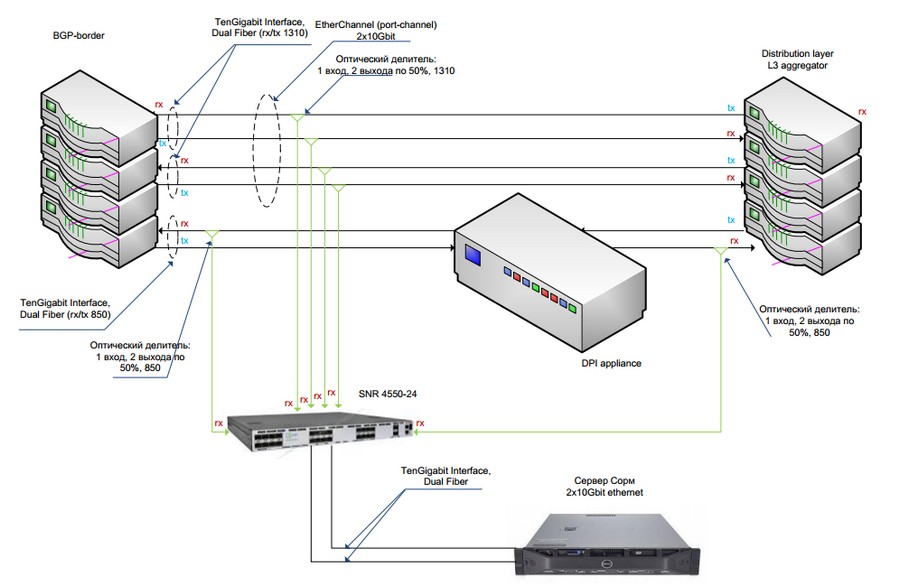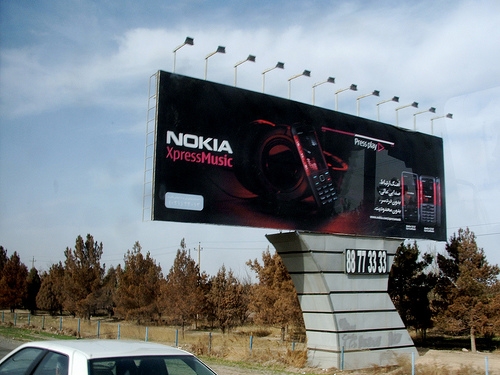
SplinterClock
How close is permanent fragmentation of the global internet? What key milestones have propelled us towards splinterisation? Delve into our timeline tracing the genealogy of splinternets and showcasing pivotal events from regulatory shifts to technological leaps. Embark on this journey with us as we chart the countdown to a fragmented future.
September, 1999

Russia introduces SORM-2
SORM2—the revised and updated version of SORM—required all ISPs to route their incoming and outgoing data through FSB
computers. Those providers who did not cooperate were forced offline by FSB, which simultaneously controlled the
government’s ISP licensing procedure.
Demokratizatsiya: The Journal of Post-soviet Democratization; Alexander, Marcus; 2004
Libertarium, project SORM (Ru)
March, 2000

China launches the Golden Shield project
The focus of Security China 2000 quickly became the MPS’ new Golden Shield project, launched to promote “the adoption of advanced information and communication technology to strengthen central police control, responsiveness, and crime combating capacity, so as to
improve the efficiency and effectiveness of police work.” China’s security apparatus announced an ambitious plan: to build a nationwide digital surveillance network, linking national, regional and local security agencies with a panoptic web of surveillance.
China’s golden shield corporations and the development of surveillance technology in The People’s Republic of China, Gregory Walton, ORA, 201
June, 2009

Iran purchases DPI equipment from Nokia Siemens
Wired – a system installed in Iran by Nokia Siemens Networks — a Finland-based joint venture between Nokia and Siemens — provides Iranian authorities with the ability to conduct deep-packet inspection of online communications to monitor the contents and track the source of e-mail, VoIP calls, and posts to social networking sites such as Twitter, MySpace and Facebook. Nokia, Siemens replied…
August, 2017

Crimea is cut-off from Ukrainian upstream traffic
Until 2014, access of Crimeans to the
rest of the Internet was predominantly handled through Ukrainian networks, held to Ukrainian law and oversight. But after March 2014 Russian Internet regulation frame, with its legal and technical
constraints, had to be applied to Crimean networks. Although big infrastructural projects were quickly put in place by the Russian government in the region, such as construction of submarine cables,
it took three years for Crimean Internet Service Providers (ISPs) to complete the transition.
The Internet in Crimea: a Case Study on Routing Interregnum; Romain Fontugne, Ksenia Ermoshina, Emile Aben; 2021
November, 2019

Sovereign Internet Law adopted in Russia
The Sovereign Internet Law (Russian: Закон о «суверенном интернете») is the informal name for a set of 2019 amendments to existing Russian legislation that mandate Internet surveillance and grants the Russian government powers to partition Russia from the rest of the Internet, including the creation of a national fork of the Domain Name System. Wikipedia
